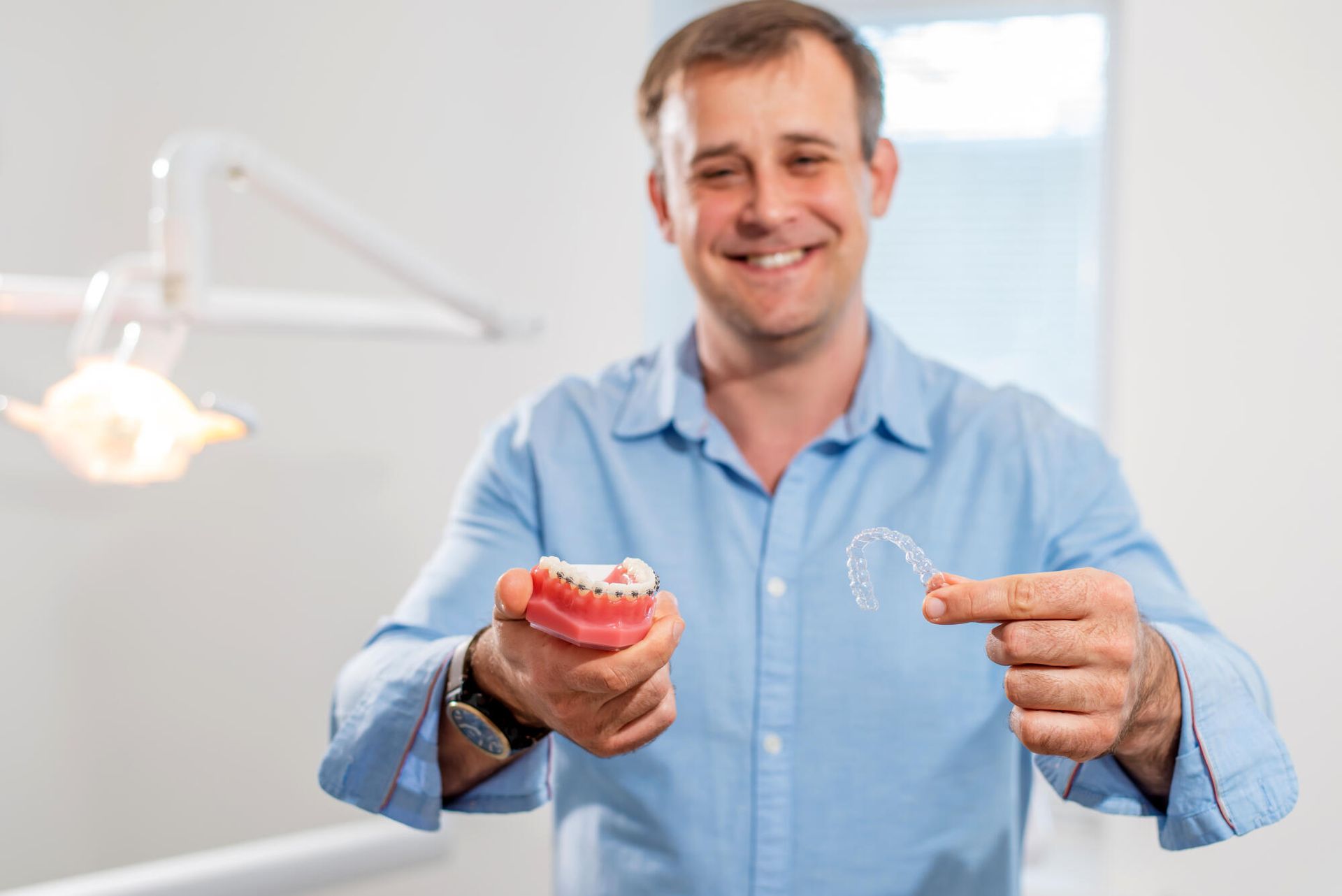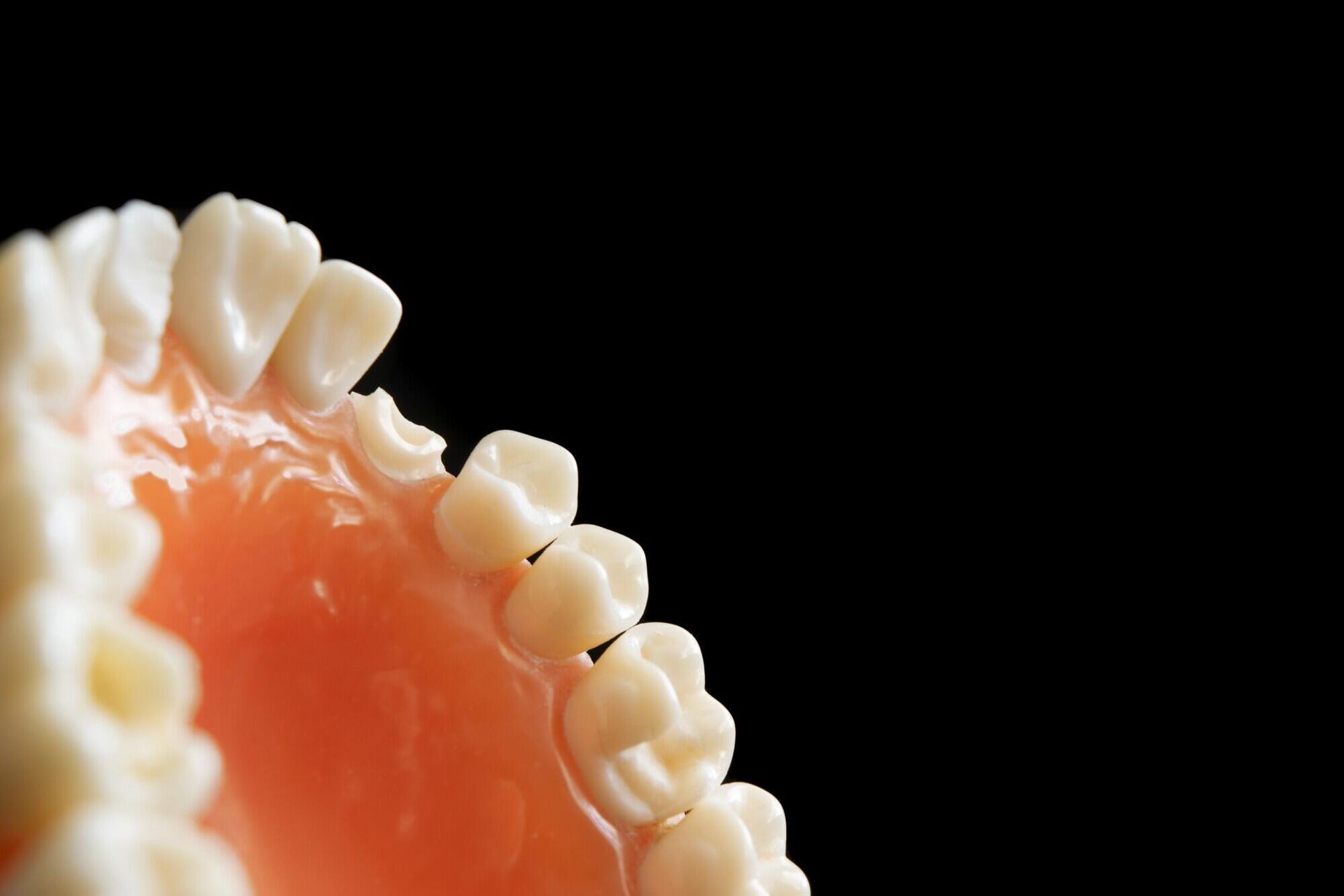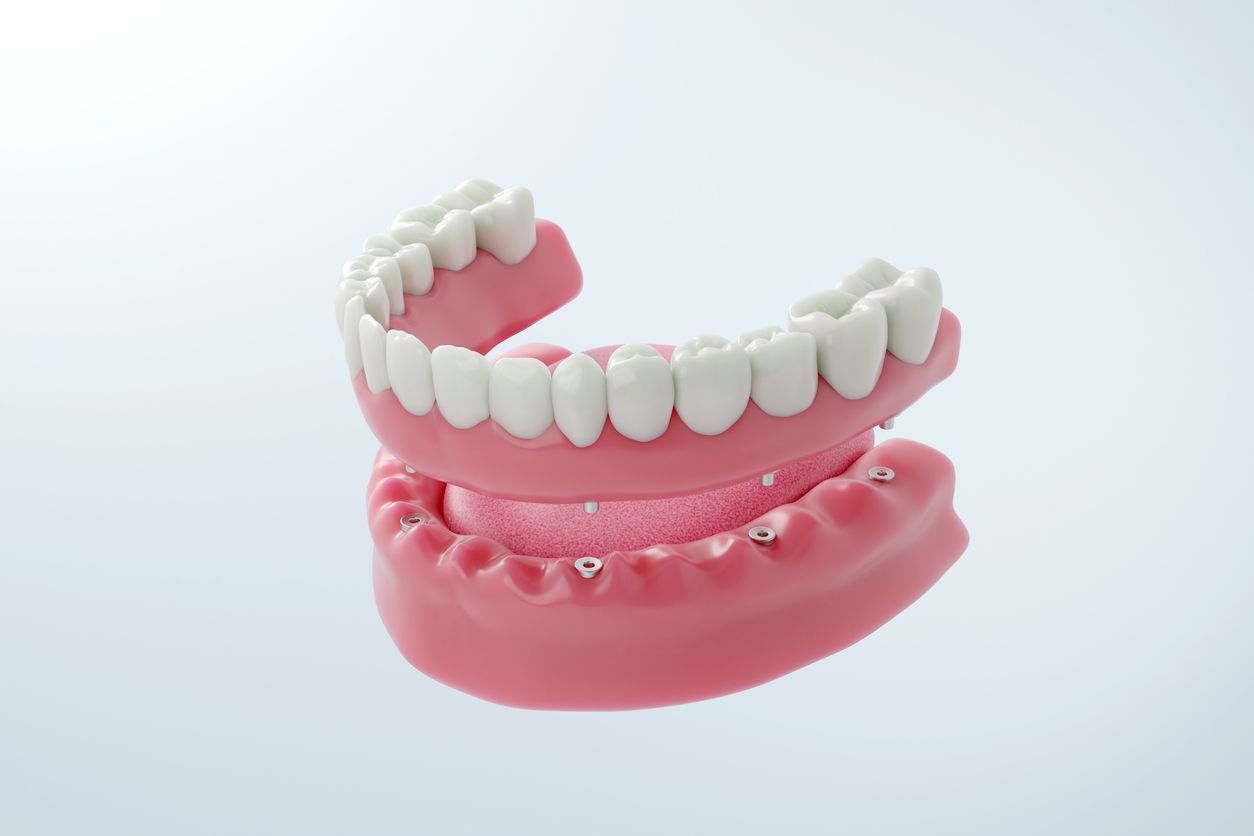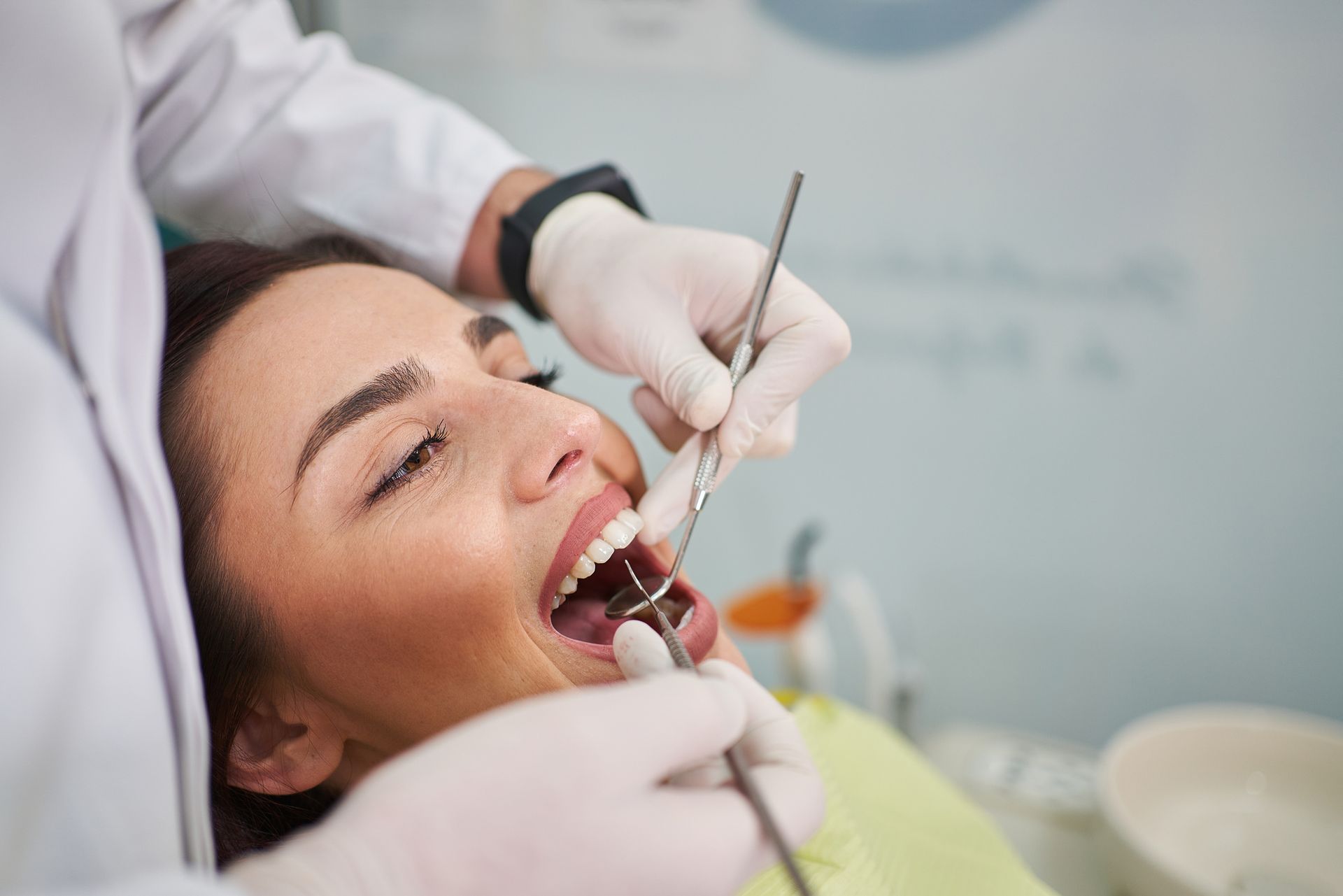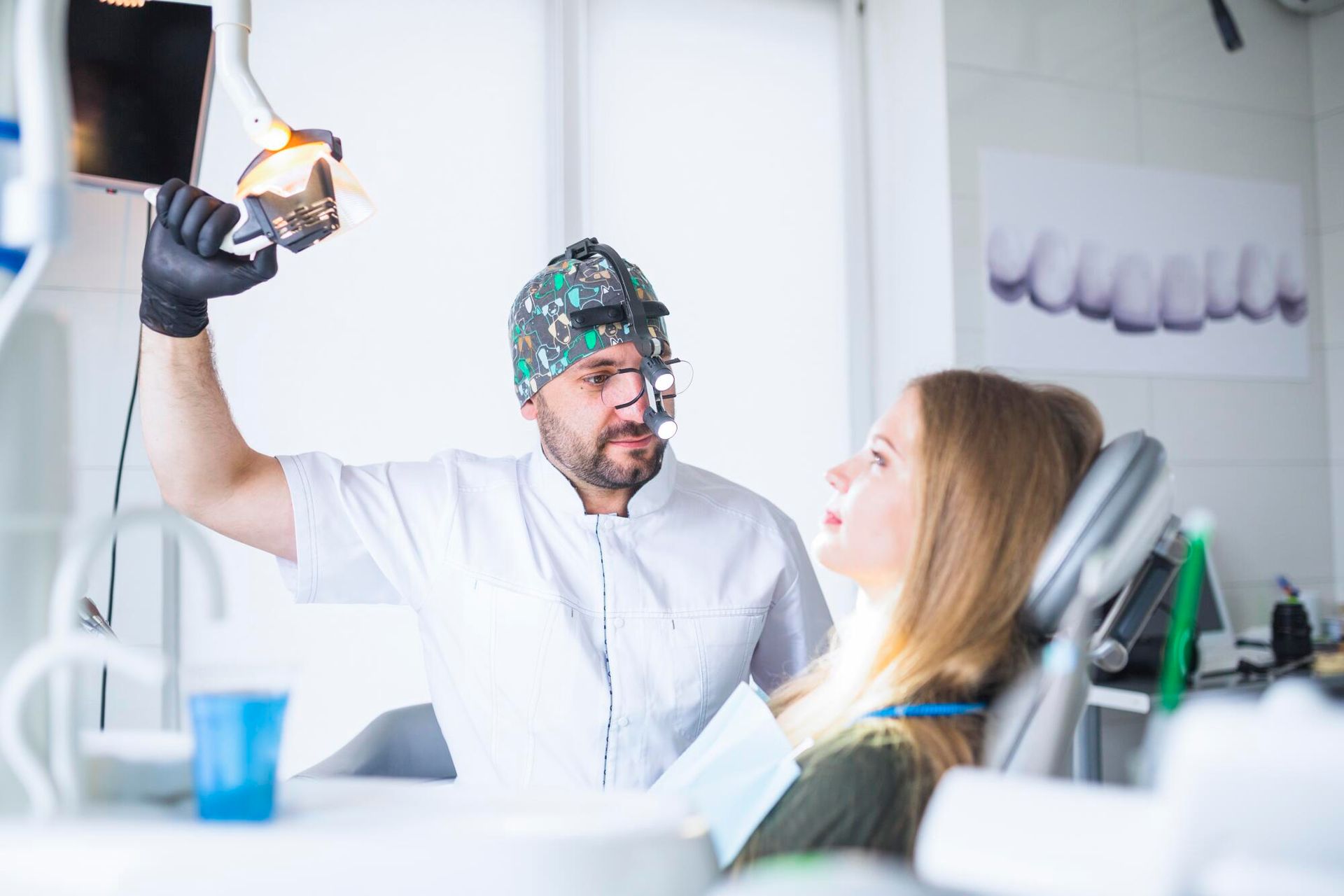Emergency Dentistry 101: What to Do When You Face a Dental Crisis
Dental emergencies could occur at any moment. They bring unexpected pain and can threaten the health of your teeth. Knowing how to act quickly can make all the difference.
Understanding how to handle dental emergencies, whether it's a broken tooth, sudden toothache, or an injury, is key. Learn how to manage these situations, protect your smile, and access quality dental care when it matters most.
Understanding Dental Emergencies
Not every dental issue is an emergency, but some require immediate attention. Typical dental emergencies may include:
- Unbearable toothaches that don't go away
- Chipped or broken teeth
- Knocked-out teeth
- Lost crowns or fillings
- Gum injuries causing significant bleeding
- Swelling or infections in the mouth
Each situation requires specific steps to manage pain and prevent further damage. Acting fast is essential to avoid complications.
Emergency Dental Care Tips for Immediate Action
When a dental crisis occurs, staying calm is crucial. Let's look at some swift actions to take depending on the issue:
Severe Toothache
A severe toothache can disrupt your day and indicate a deeper problem. Quick action can help alleviate pain and protect your oral health. Following these steps can reduce discomfort and prevent further complications:
- Rinse out your mouth with lukewarm water
- Remove any food that's trapped with dental floss
- Place a cold compress on your cheeks to minimize swelling
- Avoid putting aspirin directly on the gum to prevent irritation
Broken or Chipped Tooth
A chipped or broken tooth can weaken your dental structure and expose sensitive areas to further damage. Acting fast can save the tooth and reduce pain. Use these tips to address the problem:
- Hold on to pieces of the tooth if possible
- Rinse out your mouth and the pieces with lukewarm water
- Apply gauze to stop bleeding
- Use a cold compress to ease swelling
- Seek dental care solutions immediately to repair the damage
Knocked-Out Tooth
Losing a tooth can be a frightening experience, but quick action can improve the chances of saving it. Handling the tooth carefully and keeping it moist are critical steps. Follow these tips to maximize the likelihood of restoration:
- Hold the tooth (not by the root)
- Gently rinse it off with water if dirty, but do not scrub
- Attempt to position the tooth right back into its socket
- If you can't, place the tooth in milk or a saline solution
- Visit a dentist within an hour so you can possibly save the tooth
Lost Crowns or Fillings
Losing a crown or filling can leave the tooth vulnerable to further damage or sensitivity. Taking temporary steps can protect the area until professional care is available. Use these tips to manage the issue safely:
- Utilize dental cement or sugar-free gum to temporarily cover the area
- Avoid chewing on that side until you see a dentist
Gum Injuries
Gum injuries can be painful and may cause significant bleeding or discomfort. Taking the right steps quickly can minimize pain and promote healing. Use these tips to care for gum injuries:
- Flush out your mouth with lukewarm water mixed with salt
- Apply a little pressure to stop bleeding
- Use a cold compress to manage pain and swelling
Infections or Abscesses
Infections and abscesses in the mouth can lead to severe pain and swelling. These conditions require immediate attention to prevent complications. Here are some steps for managing them until you see a dentist:
- Rinse with a mild saltwater solution to reduce bacteria
- Do not attempt to drain the abscess yourself
- Seek immediate professional care, as infections can spread
How to Protect Teeth During Emergencies
Prevention is just as important as reaction. Here are ways to protect your teeth and minimize the risk of emergencies:
- Use a mouthguard while playing sports or during physical activities
- Avoid chewing hard objects such as pens, popcorn kernels, or ice
- Schedule regular dental check-ups to catch potential issues early
- Maintain good oral hygiene to prevent decay and gum disease
- Use scissors, not your teeth, to open packaging
The Role of Quality Dental Care in Emergencies
Access to reliable, professional care is crucial during a dental crisis. Quality dental care ensures that issues are addressed promptly.
Dr. Jeffrey M. Falduto Family Dentistry in Lincoln Park, NJ, offers state-of-the-art technology and compassionate expertise for patients of all ages. Our commitment to personalized care ensures that every emergency is treated with precision and care.
Long-Term Dental Crisis Management
Proper follow-up care is essential after an emergency to ensure lasting recovery and prevent further complications. Emergency treatments often address immediate pain or damage. However, additional procedures may be necessary to restore full dental functionality and appearance.
Your dentist may recommend several options depending on the severity of the issue:
- Restorative treatments, such as crowns or bridges, to repair and strengthen damaged teeth
- Root canal therapy to preserve a tooth that has been severely injured or infected
- Regular check-ups to monitor the healing process and ensure no additional issues arise
Comprehensive dental crisis management prevents recurring problems and safeguards your oral health in the long term. Following professional recommendations can make all the difference in maintaining a healthy and confident smile.
Why Choose Dr. Jeffrey M. Falduto Family Dentistry?
Dr. Falduto and his team prioritize patient comfort and care. We use advanced dental technology, such as 3D imaging, to deliver precise and efficient treatments.
Our office is known for its friendly environment and commitment to exceptional service. Patients in Lincoln Park, NJ, trust our team for routine and emergency needs.
Act Fast and Ensure Quality Dental Care
Dental emergencies can be stressful, but knowing how to respond makes all the difference. Following emergency dental care tips, seeking swift dental care solutions, and prioritizing long-term dental crisis management are all critical to protecting your teeth and overall health.
Dr. Jeffrey M. Falduto Family Dentistry in Lincoln Park, NJ, offers unparalleled care when you need it most. Our commitment to quality dental care, advanced technology, and personalized attention ensures the best possible outcomes for every patient.
Don't wait until it's too late. Contact Dr. Jeffrey M. Falduto Family Dentistry today to schedule an appointment and protect your smile for years.
